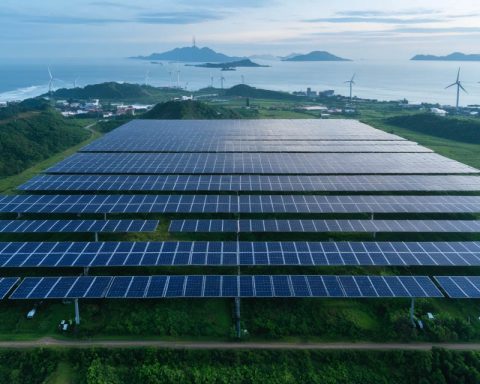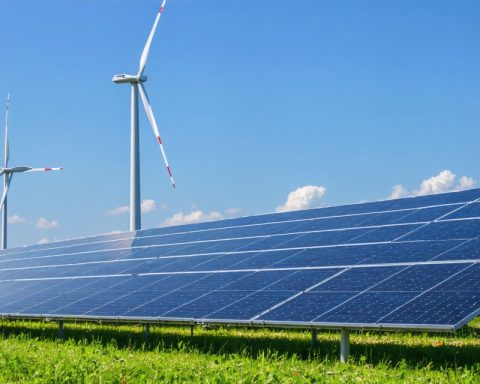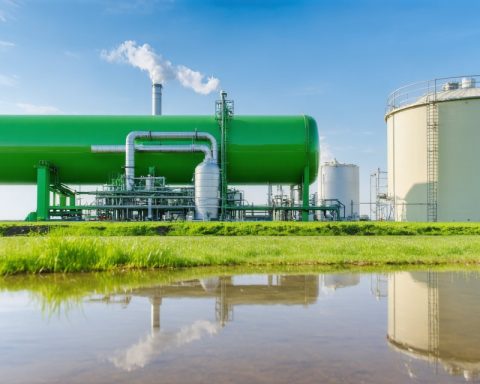Browse CategorySustainability - Page 36
Sustainability refers to the ability to maintain or support processes, systems, or practices over the long term without depleting resources or causing harm to the environment. It encompasses three core pillars: environmental protection, social equity, and economic viability. The goal of sustainability is to create a balance that allows current needs to be met without compromising the ability of future generations to meet their own needs. This involves making decisions and taking actions that ensure the health of ecosystems, the well-being of communities, and the stability of economies. Sustainability can be applied in various contexts, including agriculture, energy use, manufacturing, and urban planning, emphasizing responsible resource management and minimizing negative impacts on the planet and society.


















